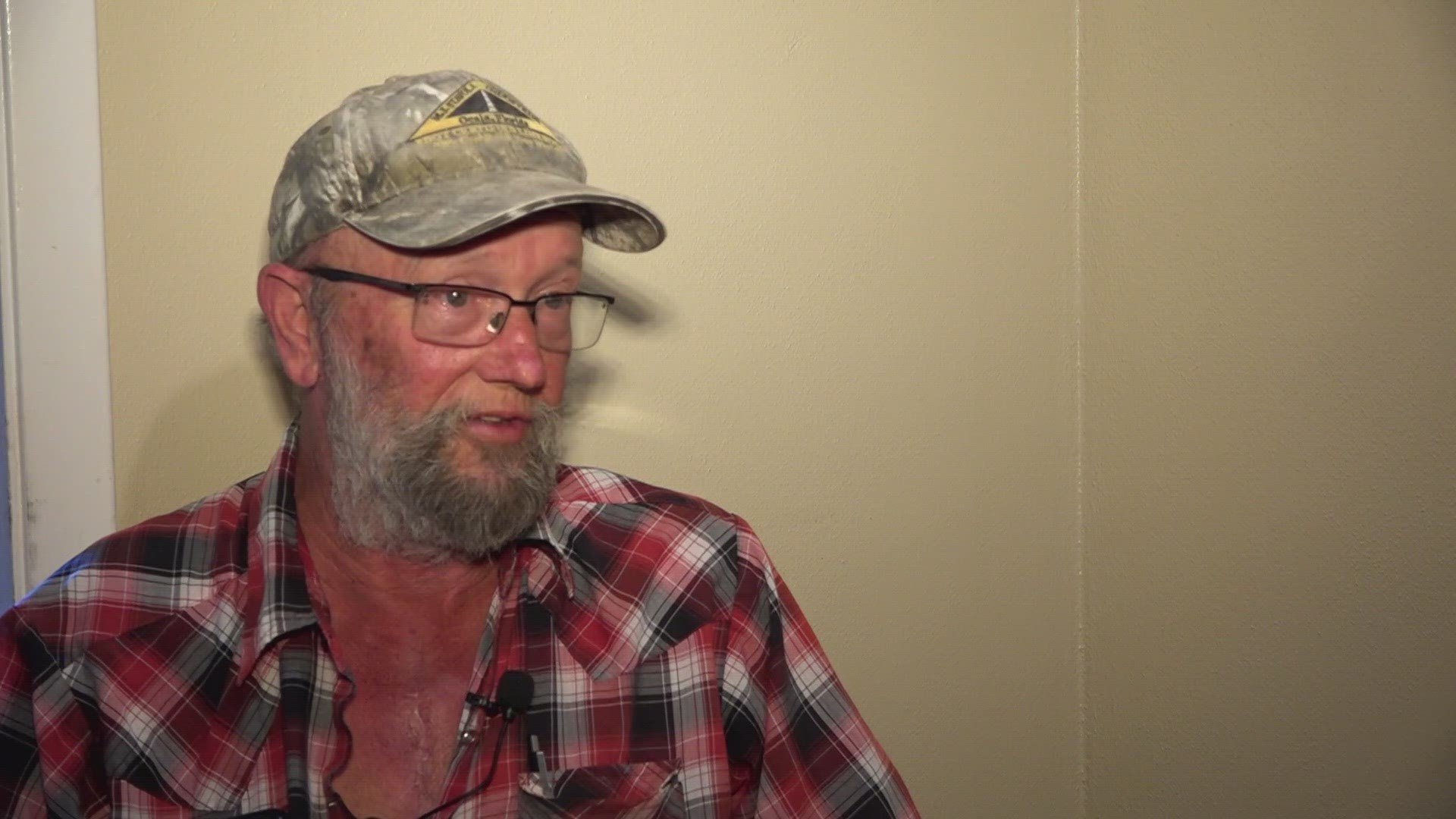GAINESVILLE, Fla. — CPR compressions is what many of us were taught to do when saving someone's life, but now physicians are trying out 'ECPR.' Doctors at UF Health say they've already seen success with using this, in the case of saving a patient from cardiac arrest.
When Frank Lowman woke up in the hospital to the constant beeping sound of a vital sign monitor, it was a sight doctors couldn’t believe.
“They said I was completely dead [after having a heart attack],” Lowman told First Coast News. “They said I died four times."
It wasn't just the nurses and doctors with UF Health that brought Lowman back to life, he and health professionals give credit to an extracorporeal membrane oxygenation machine, also known as ECMO. It’s a machine that performs extracorporeal cardiopulmonary resuscitation, referred to as 'ECPR,' and UF Health Emergency Medicine Physician, Dr. John Bruno, says it is increasing the survival rate of patients going through cardiac arrest.
“We divert blood out of the patient into this pump, into this pump, into this oxygenator, and then put it back into the human body," Bruno explained to First Coast News. "And it takes the place of the lungs and the heart."
This process buys physicians more time so they can restart the patient’s heart.
“Probably about a quarter of them make it to the hospital, maybe half of those patients we are able to get them out of cardiac arrest, and probably another half survive neurologically intact,” Bruno said.
Bruno adds that when combined with the traditional CPR compressions, ECPR increases a patient's chance of survival and the ability to go back to their normal lives from zero percent to 30-40%,
“Frank would have been declared dead soon after arrival," Bruno said. "And in his case, getting on ECMO is exactly what gave us that time to get us to, in his case, get him to open heart surgery."
After being discharged from the hospital, just two weeks later, Lowman went back to work. A miracle, in which doctors and nurses at UF Health still talk about.
“Like they told me, I was dead when I came in," said Lowman. "You died four times and then you're here. If you get the chance to get on it, it's worth every penny."
Although Lowman is the first patient to UF Health has saved in northern and central Florida using ECPR, he knows he will not be the last.

